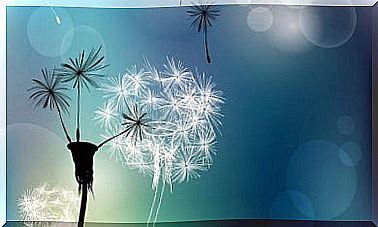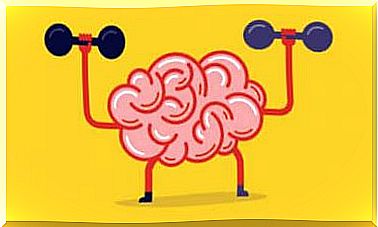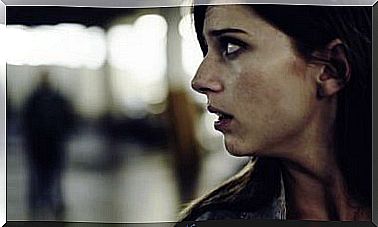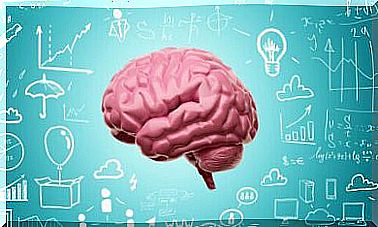Should I Go Or Should I Stay? The Answer Lies Within You
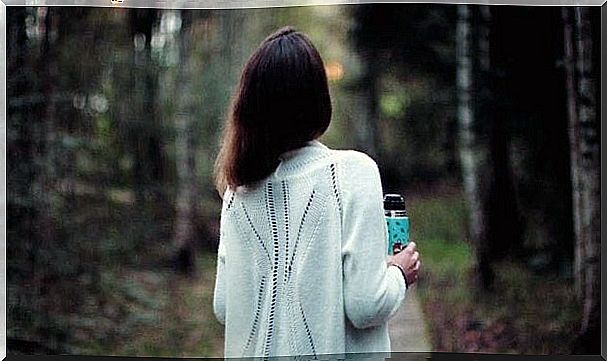
Should I go or stay? Few existential crossroads raise so many doubts, so many fears. We know that sometimes staying is going too far and that, on the contrary, putting distance means returning to our authentic essences. However, this rule of three may not work in all cases. So how do you know? How to make the best decision?
If there’s one thing we’d all like, it’s being able to always make the right decision, to be infallible, precise and impeccable in every step we take. But, as much as we want to, no one arrives in this world with a perfectly calibrated compass, capable of guiding us along the path of life. So, in a way, this is our authentic greatness, the real adventure: to make our own journey out of mistakes and successes.
In the map of our existence, the only mistake we can make is precisely not making decisions, letting luck decide, abandoning that portion of control we always have. To be afraid is to embrace immobility, to anchor like rusty boats on the edge of life. However, whoever is able to choose one direction or another will be taking on the learning that comes from this decision, the most important of all.

Should I go or stay? Deciding doesn’t always mean giving up
People are driven to make decisions almost constantly. We choose between going by car or public transport, between having tea or coffee, going out with a friend or not, between saving a little more this month or satisfying our everyday needs and desires… These decisions, more or less trivial , do not ask us to make a great effort because, in general, there is no loss in them.
The decisions that bring the most emotional stress are the ones our brain understands to imply a loss of balance. Leaving or not leaving our partner, leaving work to find another, leaving our country to start new projects… All of this causes us what psychologists understand as “loss aversion”. It is as if an alarm has been activated within us, warning us that there is a risk, there is a danger for which we are not prepared.
Thus, when faced with the question “should I go or stay?” it is necessary that we understand some aspects that, without a doubt, can help us.
- Deciding, making a decision, should not be synonymous with loss or resignation: we must understand it as a gain. For example, if I leave this job where I feel fulfilled to start another one, where I will receive a better salary but less personal satisfaction, I’m probably facing a loss.
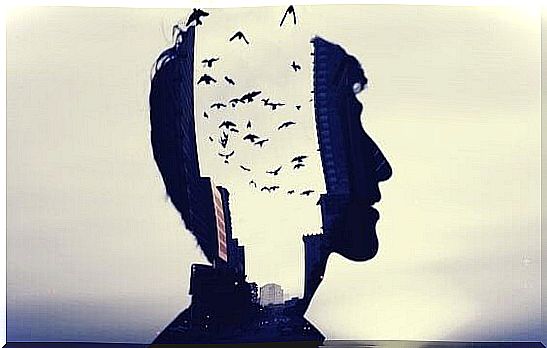
- Another example: if I choose to give my partner another chance, staying in the relationship that is almost impossible and prolonging it a little longer, I will be missing out – I will be doing damage to myself. Let’s not forget that clinging can be much more painful than letting go.
In this sense, it is smart to give meaning and direction to each of our decisions. If I decide to stay or if I decide to move forward, it will be for a very concrete purpose: to invest in me, to continue working daily for my happiness. This is a decision that only I can make, as no one can live in my skin, no one can trace my path, and no one can fully find out about my circumstances, as the deeper knowledge of them, most of the time, is just me. can I have.
The answer is within you
Should I go or stay? This question can even become chronic, in a way that makes everything cloudy. We lose quality of life and, what is even worse, our bodies begin to somatize this anguish, this perpetual unresolved doubt.
- We suffer from insomnia.
- Digestive problems.
- Headaches.
- Musculoskeletal pain.
- Mood swings.
- Tachycardia
- Concentration problems…
When our mind is not calm, it is not in tune with our body ; then there are mismatches, evidence that there is a problem to be solved. Solving it is not only recommended, it becomes an obligation. We must confront the situation as best we can. These would be some steps that we should reflect on.

Two components to making a good decision
We often hear that the best answer is always within ourselves. Getting to it is a courageous act of self-knowledge that can be accomplished through the problem-solving model of Thomas D’Zurilla and Marvin Goldfried. This theoretical proposal is simple and inspiring, requiring only that we put two processes into practice:
- Take a positive and courageous attitude. When facing a problem, our attitude dictates everything. Let us remember once more what was said earlier: we must guide our actions in a direction, that of personal gain. Deciding does not mean giving up, and in this step there must always be an added value, a clear incentive for our happiness and internal balance.
- The second aspect is the ability to reshape our lives. There always comes a time when there are no more options but to reinvent ourselves, rewrite our history, take a step further to advance being who we are, but always stronger, renewed, or even shiny.
In conclusion, about the question “should I go or stay?” , we must understand that in reality there is no one option more certain than the other, there is not a golden path and a thorny path. We make this choice right ourselves, with our priorities clear; it is we who, with our effort, will shape a more satisfying reality.


